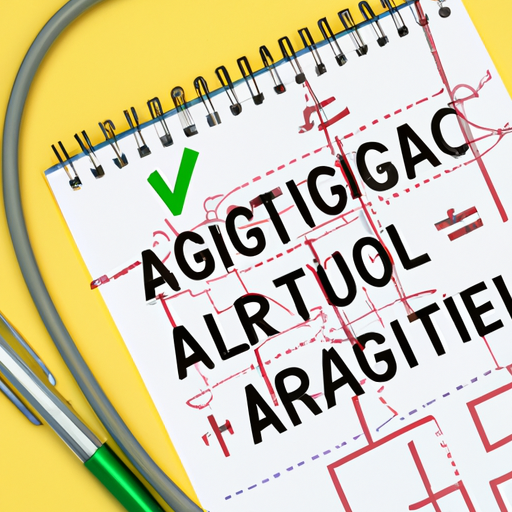In today’s fast-paced medical landscape, the integration of technology and healthcare is not just a trend, but a necessity. Among the most revolutionary advancements is the use of algorithm-driven healthcare diagnostics. This innovative approach leverages artificial intelligence (AI) and machine learning to enhance the accuracy and efficiency of diagnostic processes.
What Are Algorithm-Driven Healthcare Diagnostics?
Algorithm-driven diagnostics involve the application of sophisticated algorithms designed to analyze vast amounts of clinical data and medical information. These tools utilize patient history, lab results, and even genetic profiles to generate insights and suggest possible diagnoses or treatment plans.
The Advantages of Algorithm-Driven Diagnostics
- Improved Accuracy: Algorithms can identify patterns that may not be evident to human practitioners. By analyzing data from a variety of sources, they reduce the chances of misdiagnosis.
- Enhanced Speed: Time is vital in healthcare. Algorithm-driven tools can process information rapidly, providing healthcare professionals with timely support in making critical decisions.
- Personalized Medicine: Utilizing patient-specific data allows for tailored diagnostic approaches, improving treatment efficacy and patient outcomes.
Applications in Healthcare
These algorithms are already making significant strides in various fields:
- Radiology: AI algorithms can analyze imaging studies such as X-rays and MRIs, identifying abnormalities that may be missed by the human eye.
- Oncology: Genetic sequencing combined with diagnostic algorithms helps in identifying cancer types and determining appropriate therapies.
- Cardiology: Heart disease risk assessment tools can predict potential heart issues, allowing for early intervention.
The Challenges Ahead
While the benefits are clear, algorithm-driven diagnostics also come with challenges. Issues of data privacy, algorithm bias, and the need for regulatory guidance pose obstacles to widespread adoption.
Conclusion
As we look to the future, the integration of AI and machine learning into healthcare diagnostics is set to revolutionize patient care. By embracing algorithm-driven healthcare, we can look forward to improved accuracy, faster diagnoses, and a move towards personalized medicine that considers the unique needs of each patient. The path forward may be complex, but the potential rewards are immense.
Stay Informed
To stay updated on the latest innovations in healthcare diagnostics and the role of AI, subscribe to our newsletter or follow our blog!




